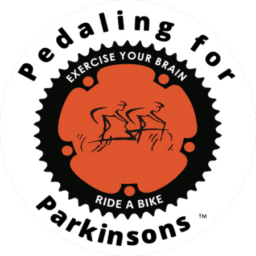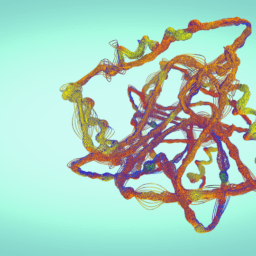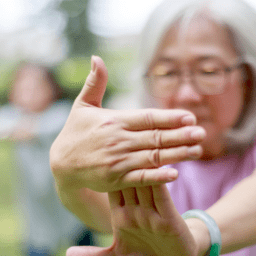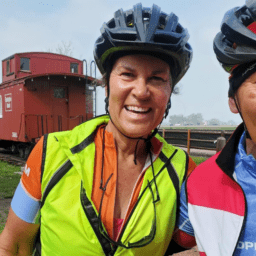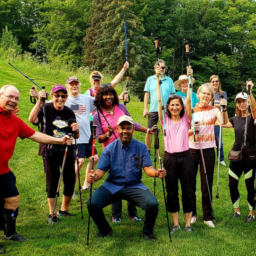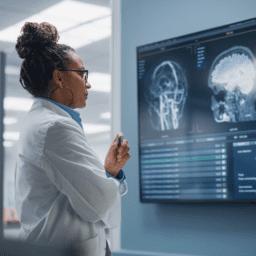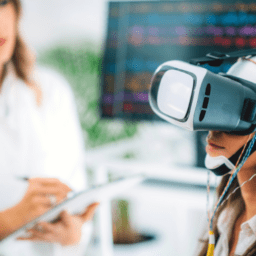During a recent conversation with one of the Davis Phinney Foundation grant recipients, Dr. Mark Haub from Kansas State University told us that he is now inspired to shift his research career to focus on nutrition in Parkinson’s. After seeing a huge gap in science-backed information in this area, he was refreshed to see that organizations such as ours would support new and innovative projects that have a strong potential to improve quality of life today for those living with Parkinson’s.
This is only one example of the unique role the Davis Phinney Foundation plays in the landscape of Parkinson’s research. New and innovative research ideas often go unfunded, and thus these ideas are unexplored when they have the potential to truly help people live well with Parkinson’s today. We realize the power of providing support to incubate new ideas, and we prioritize this in our funding strategy.
Here are a few of the other projects your financial donations have made possible.
High-Intensity Exercise
Not so long ago, it was common practice for doctors to “prescribe” rest for Parkinson’s because they considered it a safety risk and too much of an energy expenditure. In contrast to this notion, Dr. Jay Alberts at the Cleveland Clinic saw the power of exercise on the symptoms of Parkinson’s during a week-long cycling event in 2003. This was when he sought our support and began researching the impact of cycling on symptoms of Parkinson’s.
Since this line of research was so new, our support was crucial. Ultimately, it changed the way clinicians thought about exercise and Parkinson’s. Today, exercise is seen as a crucial step in symptom management and maybe even an avenue to slow Parkinson’s progression.
We continued this support in 2018 when Drs. Anson Rosenfeldt and Jay Alberts were chosen as Davis Phinney Foundation grant recipients for their project that looks at the impact of community cycling classes (“Pedaling for Parkinson’s”) on Parkinson’s progression. At a recent meeting, Dr. Rosenfeldt shared that our support for these early-stage projects was instrumental in their recent $3 million grant from the National Institutes of Health for a large, multisite, 5-year clinical trial investigating cycling at home on Parkinson’s progression.
Another thought leader in Parkinson’s research, Dr. Bastiaan Bloem from Radboud University Medical Center in the Netherlands, also recently reached out to us to highlight the power of our support for early-phase research. He partnered with Dr. Alberts in the Davis Phinney Foundation-funded project back in 2010 on the impact of high-intensity exercise. In fact, Dr. Bloem attributes our support as a catalyst for his continued work in the field including a recent article published this past fall in Lancet Neurology (ranked as the top journal for neurologists) on the effectiveness of home-based exercise for people with Parkinson’s.
Telemedicine
The Davis Phinney Foundation’s support for early work has also been integral in the area of telemedicine. In 2013, we supported one of the first projects regarding telemedicine and Parkinson’s. Spearheaded by Dr. Ray Dorsey from the University of Rochester, the “Remote Access to Care, Everywhere (RACE-PD)” study was a multi-center study designed to assess the feasibility, impact and acceptability of using telemedicine to remove barriers to care in Parkinson’s. This study revealed that “virtual” visits with physicians were impactful. People with Parkinson’s saved time by reducing travel, felt satisfied with their care and experienced a similar quality of life to those who received in-person care.
Fast forward to today and Dr. Ray Dorsey continues to be a pioneer in improving the way care is delivered for people with Parkinson’s, and telemedicine remains a promising avenue for increasing access to care for millions of Americans living with Parkinson’s.
By sparking and supporting new and innovative research, the Davis Phinney Foundation fills a gap in the field of Parkinson’s research, and we incubate novel ideas with our funding support. In doing so, we strive to find new ways to help people with Parkinson’s live well today.






